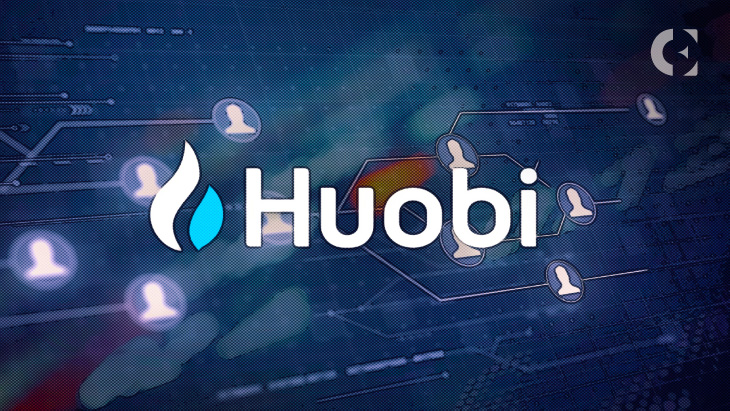- Travis Kling and Adam Cochran made allegations about Huobi and Binance’s financial stability.
- Travis Kling stated that Huobi is insolvent and linked to Binance’s insolvency.
- Adam Cochran found discrepancies in Huobi’s reported holdings, such as lower Ethereum and Tether reserves than claimed.
In a series of posts on X (formerly known as Twitter), former L/S equities portfolio manager Travis Kling and analyst Adam Cochran have made startling allegations regarding the financial stability of two major cryptocurrency exchanges, Huobi and Binance.
The controversy began when Travis Kling tweeted, “Not ‘probably.’ Huobi is insolvent” in response to Adam Cochran, who dissected the financial state of Huobi in a detailed thread. Kling mentioned that Huobi is inextricably linked to Binance, which is also insolvent. He also added that Huobi’s collapse would be the endgame for Binance.
Cochran’s investigation pointed to significant discrepancies in Huobi’s reported holdings. He highlighted that while the exchange claimed to hold $200 million in Ethereum (ETH), data from DefiLlama suggested a far lower amount, totaling less than $113 million even when considering wrapped ETH (wETH) and synthetic ETH (stETH).
Cochran also raised concerns about the purported $624 million held in Tether (USDT) by Huobi, pointing out that the exchange only had $119 million of USDT in its reserves.
One of the most puzzling discoveries was the existence of “stUSDT,” a synthetic asset. Cochran questioned the legitimacy of stUSDT. He stated that for stUSDT to be real, the deposits should be flowing from the staking address which will result in a burn.
Instead, these assets appeared to be redirected to personal addresses belonging to Justin Sun – the founder of Tron- and to Huobi itself, rather than being properly managed.
Cochran’s analysis suggested that Justin Sun may have incurred substantial debts, estimated at approximately $2.4 billion, tied to user assets across both the Huobi and Tron ecosystems. These allegations raised profound doubts about the solvency of these platforms and the safety of user funds.
Further complicating the matter, crypto sleuth Truth Labs weighed in on the situation, suggesting that Huobi might be short $2.4 billion in user funds. They raised two points of concern: first, the alleged involvement of questionable actors in the initial setup and funding of Huobi’s exchange.
Secondly, the connections between these actors and Prometheum, a company that had received regulatory approval as a Digital Special Dealer Broker. Truth Labs hinted at potential links to CCP (Chinese Communist Party) interests and their control over significant portions of Ethereum’s value.
Disclaimer: The information presented in this article is for informational and educational purposes only. The article does not constitute financial advice or advice of any kind. Coin Edition is not responsible for any losses incurred as a result of the utilization of content, products, or services mentioned. Readers are advised to exercise caution before taking any action related to the company.







